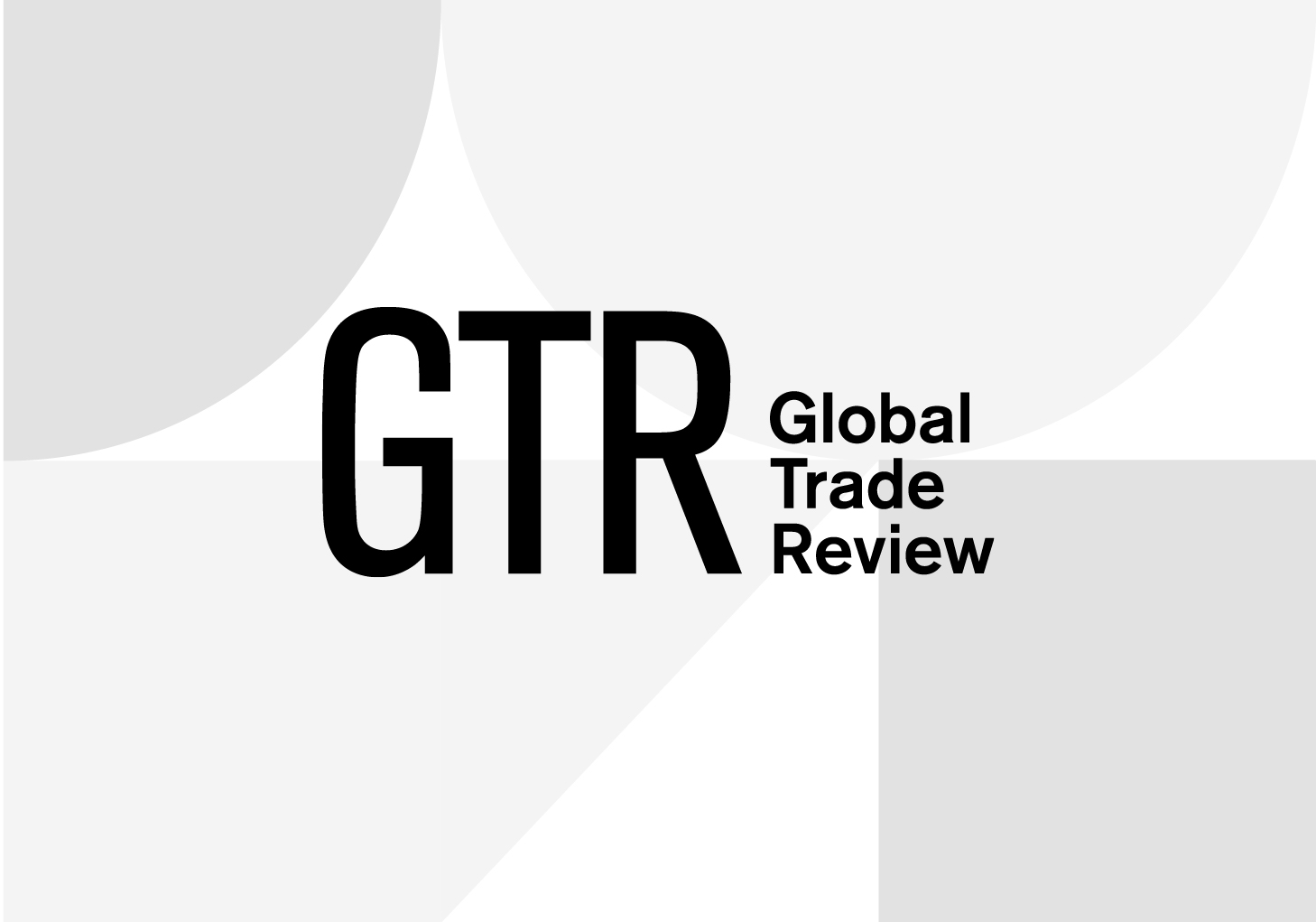Standard and Poor’s Ratings Services has lowered its long-term corporate credit rating on Russian oil company OAO NK Yukos to CC from CCC, following an order to freeze the company’s bank accounts in Russia and announcement of an additional US$3.4bn tax claim being levied against the group for fiscal year 2001.
The ratings signal the company’s current high vulnerability to default. The rating remains on CreditWatch with negative implications, where it was placed on April 27, 2004.
At the same time, the Russian national scale rating on Yukos was lowered to ruCC from ruB.
On July 1, 2004, court officials froze the company’s bank accounts in Russia to secure execution of a court order requiring the company to pay Rb99bn (US$3.4bn) in back-taxes and penalties for 2000. In addition, the Russian tax ministry announced that a second tax claim of a similar amount (Rb98bn) had been made against the company, this time for fiscal year 2001.
The rating action reflects Standard & Poor’s concern that the two latest events heighten the risk of a default in the near-term owing to insufficient liquidity to meet all of the company’s obligations, given the legal constraints on its ability to raise and pay out cash.
“Strong cashflow generation in the currently favourable oil-price environment is not sufficient to meet immediate and still-mounting tax claims against Yukos,” says Standard & Poor’s credit analyst Elena Anankina. “While Yukos’ operating subsidiaries are not currently prohibited from continuing their cash-generative operations or from selling assets to repay the debt and meet the tax claim, these resources are not sufficient to meet all obligations either.”
Recovery prospects on Yukos’ US$2.6bn debt are difficult to predict, as they will be dependent on future actions by various arms of the Russian government. Yukos has so far faced a particularly unpredictable judicial system and adverse political environment.
In particular, Standard & Poor’s will focus on whether Yukos will decide to file for bankruptcy itself, be forced to file by the government, or reach a negotiated agreement, and whether the company will be allowed to sell its assets to repay debt and taxes.
Standard & Poor’s will also closely monitor whether the creditors will trigger an event of default and whether the company will legally be able to continue debt payments.
Yukos recently prepaid about US$300mn of US$2.6bn total financial debt (US$1.6bn of which is a loan from the company’s core shareholders). The next interest payment on Yukos’ US$1bn bank debt falls on July 28, 2004.
Risks to bank lenders could be heightened by the parallel structures of the bank and shareholder loans, unless the government and the courts discriminate on some basis in their treatment of outside lenders and shareholder lender interests (Mikhail Khodorkovsky and other shareholders, members of the Menatep group). Given past actions against the shareholder group, government efforts to prevent repayment of substantial sums to the shareholder group would not be surprising. This could complicate repayment for other creditors.







